C-PACE Is Helping Borrowers ‘Optimize’ the Capital Stack
This financing tool, packaged with conventional loans, has been a relief valve in tight markets.
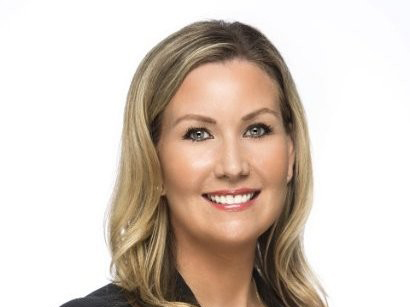
Developers, owners and project sponsors are bracing for an economic downturn, and many of them are already pulling back from new development or stopping projects mid-stream because of rising rates or lack of available capital.
MHN reports many apartment projects anticipated to begin in 2023 have either been paused until 2024 or entirely canceled. However, a new iteration in construction financing is opening a window of opportunity: Commercial Property-Assessed Clean Energy financing packaged with a traditional construction loan. Sometimes deals involving C-PACE can hit headwinds because of the need to obtain consent from senior mortgage holders, but by packaging the senior construction loan with C-PACE, the consent issue becomes moot because they are structured in tandem.
READ ALSO: Will CRE Construction Hold Steady in 2023?
With 2023 financings looking sluggish and the further 2024 outlook pointing to even greater declines, some new construction projects are already being re-priced or even halted. In our experience arranging financing throughout the U.S., we’re finding growing interest in combining C-PACE with traditional financing. Project sponsors are also increasingly contacting their existing lenders with questions about adding a C-PACE component. More and more traditional lenders are warming up to the relatively new C-PACE tool, both because it preserves their senior loan position and because their client, the owner/developer, enjoys significant benefits through a more optimized capital stack.
C-PACE offers unusual flexibility and beneficial terms for qualified improvements in energy, lighting, water systems, building envelopes and other resiliency components for commercial real estate of all kinds, from student, senior and multi-family housing to industrial, hospitality, retail, office, mixed-use and more. For some, the C-PACE carve-out for resiliency components can be significant enough to be a linchpin in rebalancing the Weighted Average Cost of Capital, and get construction going.
For example, a $60 million lending package, which just closed in January 2023, has enabled construction on a 153-unit student housing and retail project along with an adjacent 308-stall parking garage in Tallahassee, just blocks from Florida State University. The fully-amenitized Renegade Apartments, a joint venture of Charles Street Development Co. LLC and ACRES Realty Funding, Inc., involved a combination of $48 million construction loan by Oceanview Life and $15.6 million in C-PACE financing from Bayview PACE. The package exemplifies the kind of combo-deals possible throughout the 37 states where C-PACE is authorized.
Similar package financing was utilized for new construction of an $11.5 million senior housing project in California, a $2.1 million hotel project in Nebraska and a $1.4 million hospitality project in Texas.
C-PACE applicability in commercial construction is expanding. Not only has it become popular for new construction but owner/operators are also utilizing it for property redevelopment that addresses deferred maintenance or upgrades to attract tenants. There is also significant pressure from local/national regulatory bodies as well as institutional investors to employ green-building upgrades to reduce carbon footprints and meet climate change objectives, including New York City’s Local Law 97 going into effect this year.
As C-PACE financing continues greater adoption in passing a milestone of over $4 billion in total financings according to PACENation, commercial real estate owners and developers as well as their traditional lending sources are putting this green finance alternative to use to build new, refinance or redevelop needed improvements.
Anne Hill is senior vice president of Bayview PACE, a unit of Silver Hill Funding LLC.

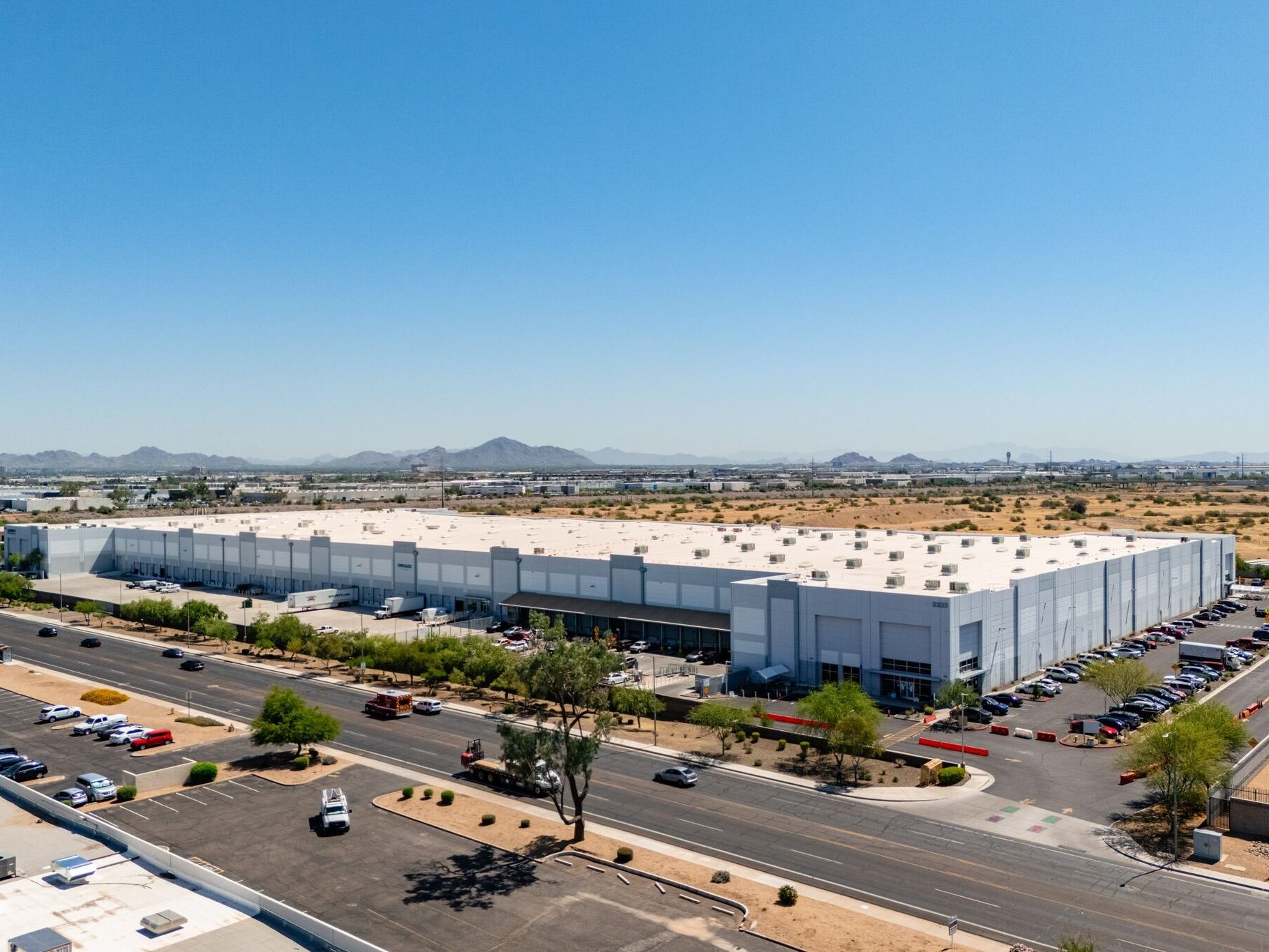
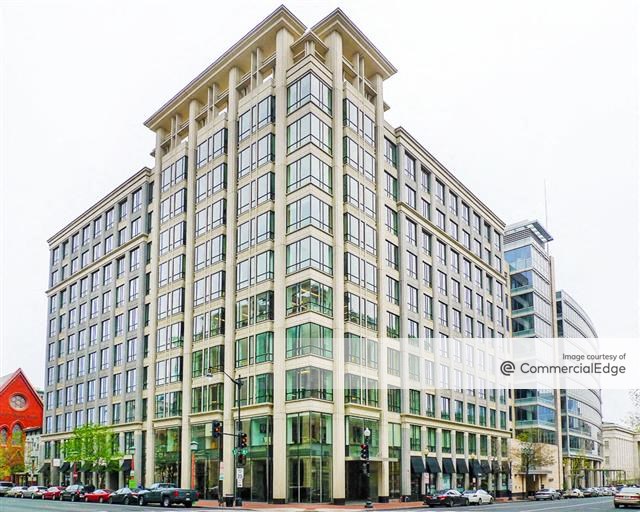
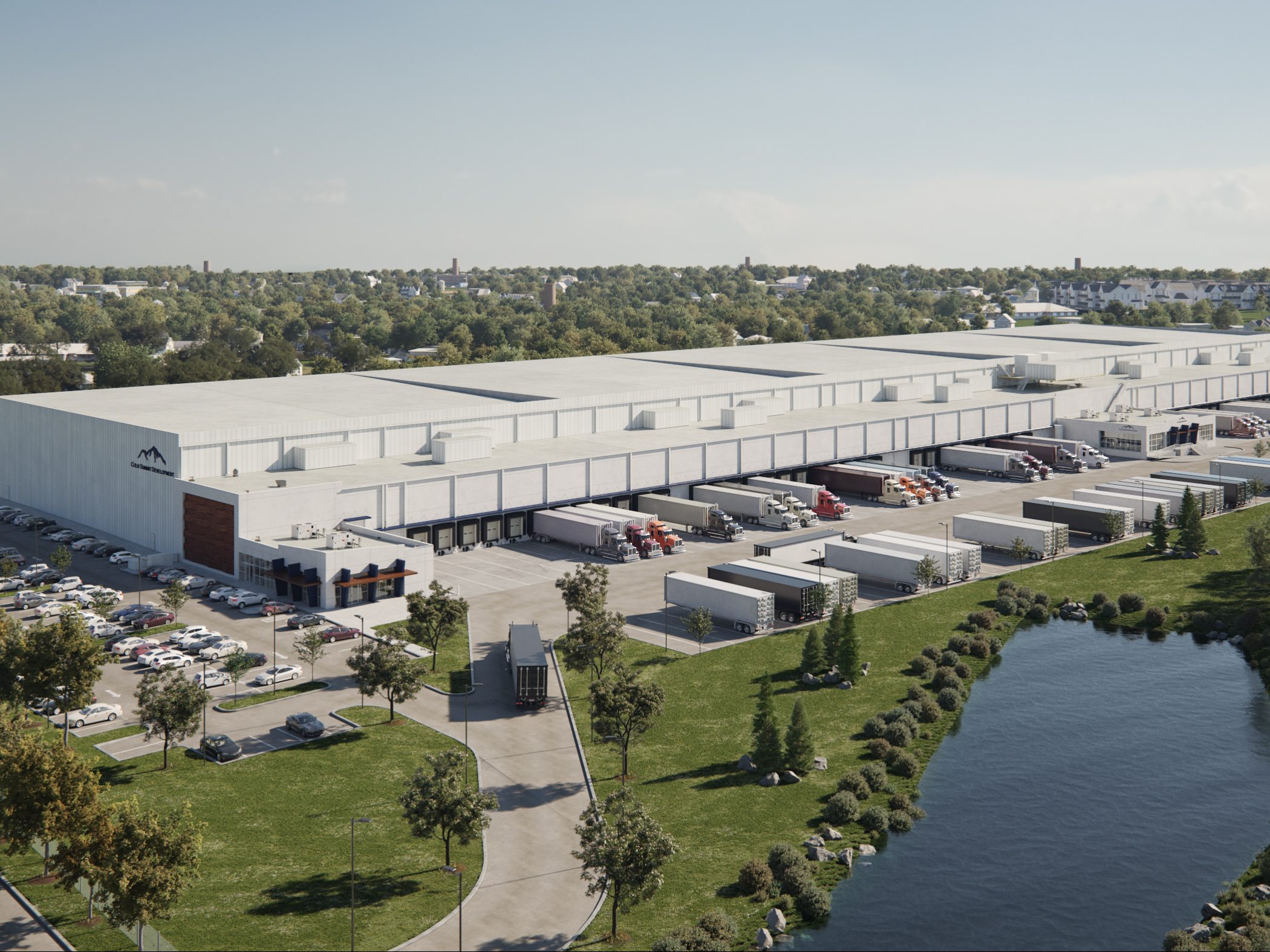

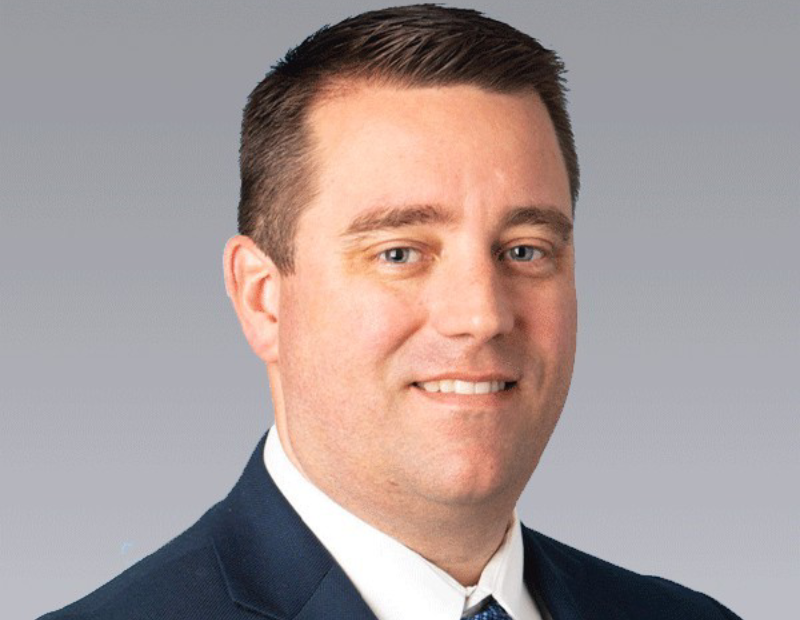

You must be logged in to post a comment.